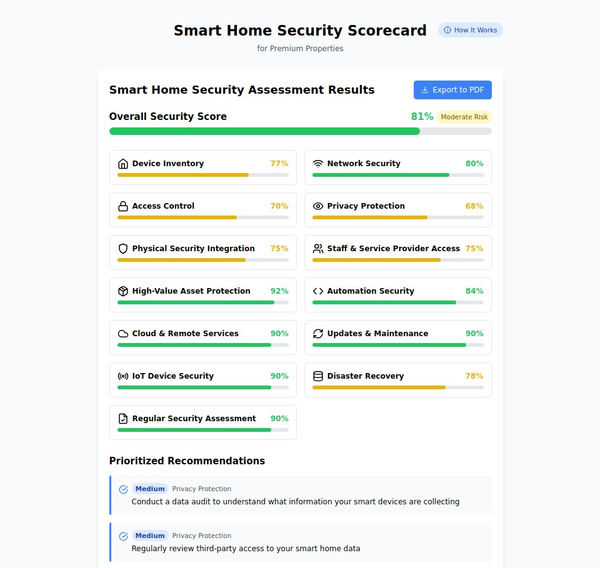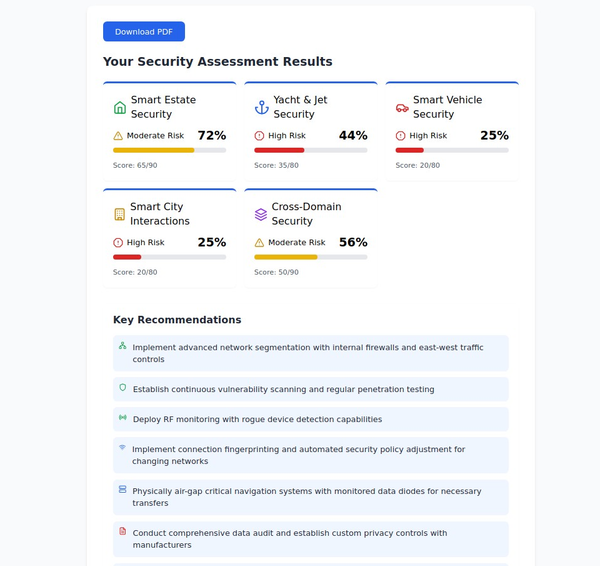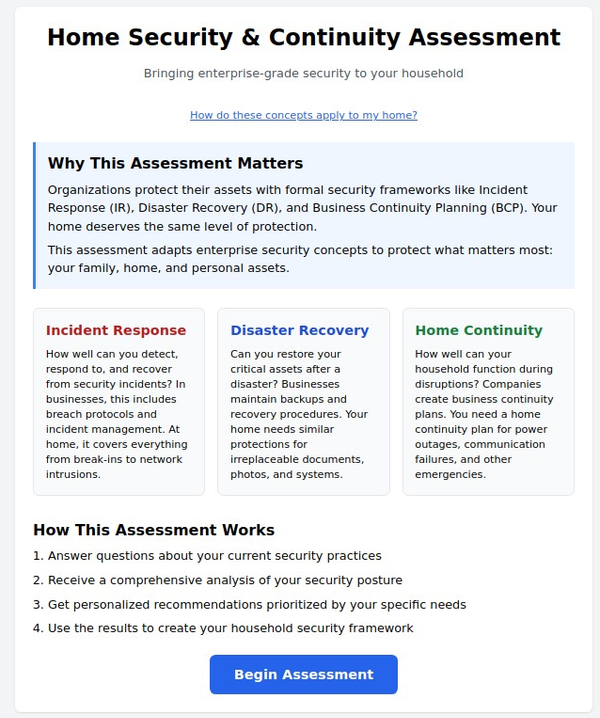Exploring Blockchain Technology in Home Security: Enhancing Privacy and Trust

Summary: This article delves into the applications of blockchain technology in home security. It explains how blockchain can enhance privacy, improve data integrity, and foster trust in smart home security systems.
Introduction: Blockchain technology, initially popularized by cryptocurrencies, has emerged as a groundbreaking technology with applications across various industries. In recent years, it has gained attention in the realm of home security, offering new possibilities for enhancing privacy and trust. In this article, we will explore how blockchain technology can revolutionize home security, its benefits, and the potential it holds for homeowners.
Understanding Blockchain Technology:
Blockchain is a decentralized and immutable ledger that records transactions in a transparent and secure manner. Here's how it works and its relevance to home security:
a. Decentralization: Blockchain operates on a decentralized network of computers, removing the need for a central authority. This eliminates single points of failure, making it highly resilient to cyberattacks.
b. Immutable Records: Transactions recorded on the blockchain are permanent and tamper-proof. Once data is added to the blockchain, it cannot be altered without consensus from the network participants, ensuring data integrity.
Enhanced Privacy in Smart Home Data:
Blockchain technology can enhance privacy in the context of smart home data. Here's how it achieves this:
a. Data Encryption: Smart home data can be encrypted and stored on the blockchain, protecting it from unauthorized access. Only authorized users with private keys can access and decrypt the data, ensuring privacy.
b. User Consent and Control: Blockchain can empower homeowners with control over their data. Through smart contracts, users can define data sharing permissions, giving them the ability to grant or revoke access as needed.
Strengthening Trust in Home Security Systems:
Blockchain technology has the potential to enhance trust in home security systems by providing transparency and accountability. Here's how it achieves this:
a. Smart Contract-based Security Systems: Security systems built on blockchain can utilize smart contracts to automate security protocols and ensure compliance. This transparency builds trust by eliminating the need to rely solely on third-party providers.
b. Verifiable Access Logs: Blockchain can store access logs and records of activities related to home security systems. This enables homeowners to verify and audit who accessed their property, enhancing trust and accountability.
Seamless Interoperability and Integration:
Blockchain technology enables seamless interoperability and integration between various home security devices and systems. Here's how it benefits homeowners:
a. Device Authentication: Blockchain-based authentication protocols can ensure the secure and reliable identification of devices connected to the home security system, mitigating the risk of unauthorized access.
b. Data Synchronization: Blockchain facilitates real-time data synchronization between different devices and systems, improving home security operations' coordination and responsiveness.
Conclusion:
Blockchain technology holds significant promise in revolutionizing home security by enhancing privacy, trust, and interoperability. Through decentralized and transparent systems, blockchain can protect smart home data, provide transparency in security operations, and strengthen trust in home security systems. As this technology continues to evolve, homeowners have the opportunity to leverage blockchain's potential to create a safer and more secure environment for their homes.
